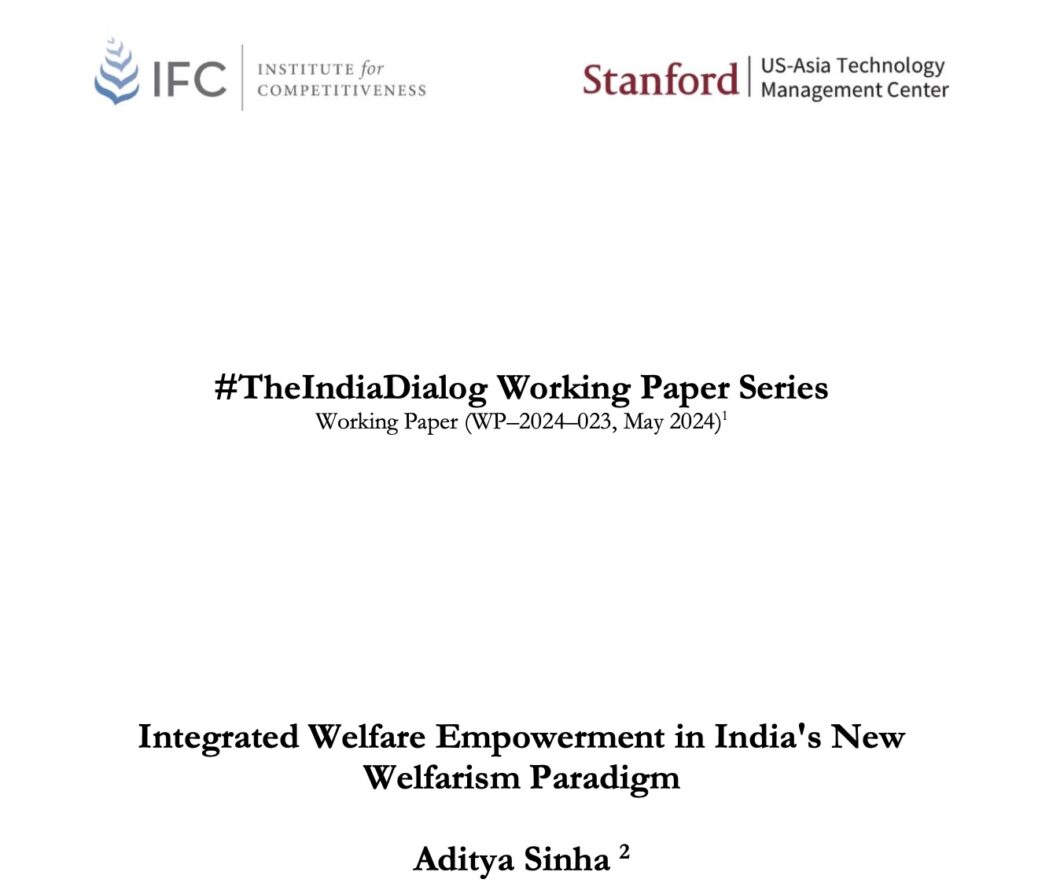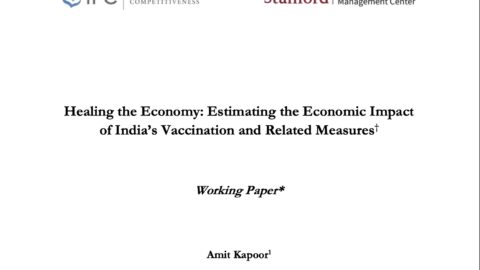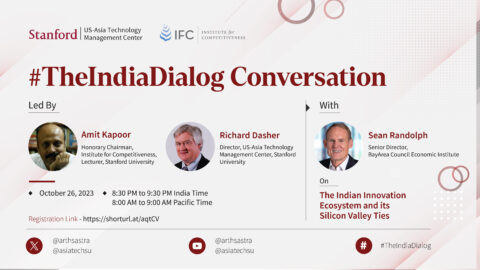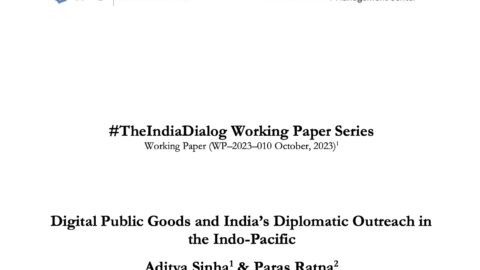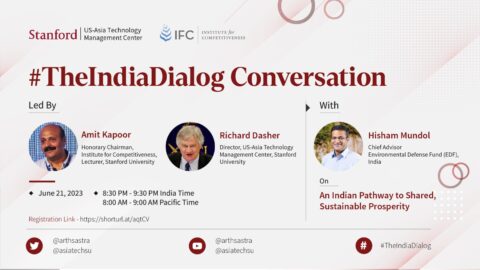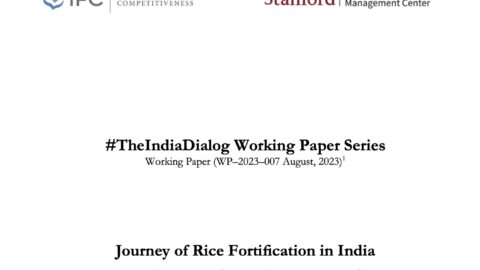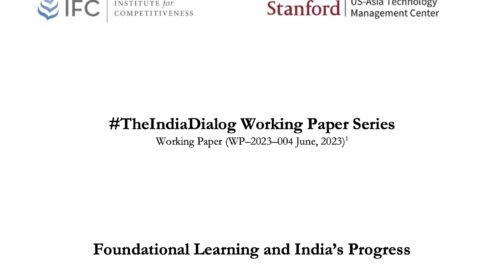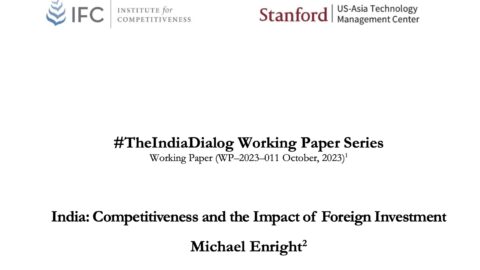By Aditya Sinha
This paper delves into the paradigm shift in India’s welfare approach, termed “New Welfarism,” which pivots from traditional welfare models towards a comprehensive strategy of direct provision and technological integration to enhance social welfare. Central to this transformative approach is the Integrated Welfare Empowerment Model (IWEM), a novel framework that underscores the integration of direct service provision with technological advancements to ensure efficiency, transparency, and inclusivity. Through the analysis of key initiatives such as the Aadhaar system and Direct Benefit Transfers (DBT), the paper highlights how New Welfarism has significantly improved access to essential services, empowered marginalized communities, and fostered sustainable development. By juxtaposing this contemporary model against traditional welfare frameworks, the study elucidates the profound impact of New Welfarism on social inclusion, economic growth, and the overarching paradigm of welfare in India, offering insights into the potential for replicating such a model in other global contexts.
The complete paper can be read here.

